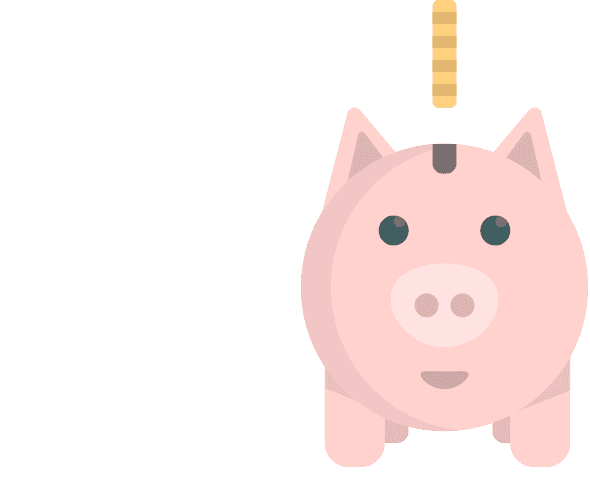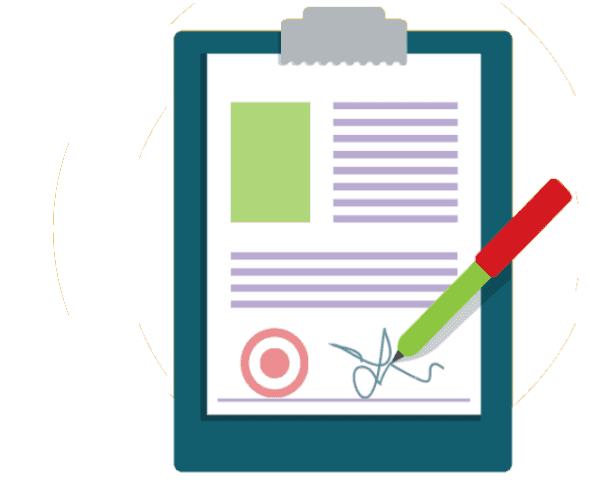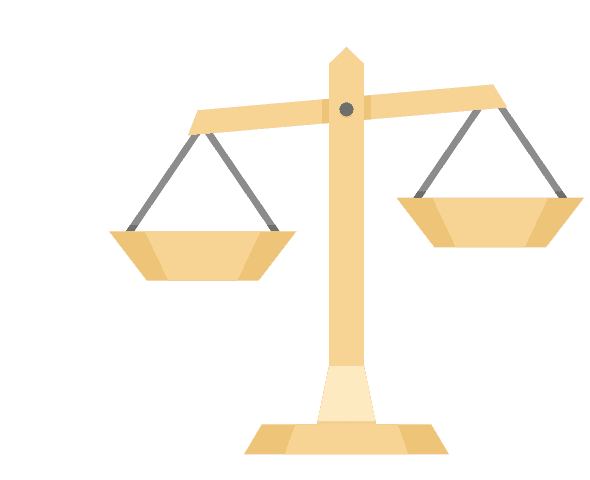A home purchase is a big milestone at any stage of life and getting that down payment and mortgage settled can feel like a huge relief. But it doesn’t end there as there’s still a monthly cost to finance your property – better known as your mortgage payments plus interest. This interest payment is your way of paying back the bank or lender for allowing you to borrow money to purchase your property. So along with your monthly mortgage payment, you will be charged a percentage of your mortgage loan to continue borrowing from your lender. The percentage you pay is based on what is called a “mortgage interest rate” that you lock in when you get your mortgage.
What is a mortgage interest rate?
A mortgage interest rate is used to calculate the interest payment that you as a borrower owe your lender. While these rates are typically quoted on an annual basis, the payments are calculated monthly. For example, let’s say you were quoted a 3% rate on a $600,000 loan. This means your monthly interest payment would be $1,500. To break this down further, 3% divided by 12 months of the year is 0.25% and when multiplied by $600,000, the monthly payment equals $1,500. The rate is subject to change based on your down payment and mortgage. Essentially, your interest rate mixed with your mortgage amount and payment schedule determines what you pay every month.
How does my down payment affect the mortgage interest rate?
Banks and lenders typically charge higher mortgage rates when your down payment is 20% or more for the cost of your home. This is because you won’t be paying for Canadian Mortgage and Housing Corporation (CHMC) insurance, which means the lender needs to take on this cost behind the scenes and they do this through higher mortgage rates. Alternatively, a down payment between 5% and 19.99% requires buyers to purchase CMHC mortgage insurance – and thus lenders don’t need to hold as much capital and can offer lower rates.
There are minimum down payment requirements that need to be considered in all home purchase decisions. While your mortgage rate will be adjusted based on your down payment, it’s important that you do not allocate all of your money toward it. There are other costs associated with owning a home and you’ll need to set aside money so that you can “keep the lights on” after you make your purchase.
Who defines the mortgage interest rates?
The Bank of Canada determines the benchmark mortgage insurance rate for all financial institutions who borrow money from them. In February 2022, The Bank of Canada raised the interest rate to 0.5% for the first time since 2018. It is expected to increase a few more times throughout the year. Most lenders have different rates based on their unique offerings. That’s why at Homewise, we work with 30+ banks and lenders so we’re able to provide various mortgage options that meet the unique needs of our customers.
Should I get a fixed or variable mortgage?
A fixed rate mortgage is one in which the rate and amount of the mortgage paid off stays the same throughout the term of the mortgage. A variable rate mortgage will go up and down over the term based on market conditions, such as The Bank of Canada interest rate adjustments.
The main advantage of a fixed mortgage rate is the certainty that you’ll be paying the same amount each month. Variable rate mortgages fluctuate as the rates change, which can make budgeting your dollars each month more challenging. Generally speaking, a fixed mortgage rate will be higher than the variable/adjustable rate because the borrower is paying for the peace of mind that their rate won’t increase during their mortgage term. However, in the event that you had to break your mortgage – whether that’s to sell your home or switch lenders – you may be subject to expensive penalties. To learn more about the difference between fixed and variable rate mortgages, watch our Mortgage Academy video.
If you’re thinking about buying a home or starting the mortgage application process, apply online in just five minutes with Homewise. One of our dedicated mortgage advisors can walk you through the process, answer any questions and more importantly, guide you to lock in the best mortgage.
For more information, check out this video from our Mortgage Academy: How do mortgage interest rates work?








